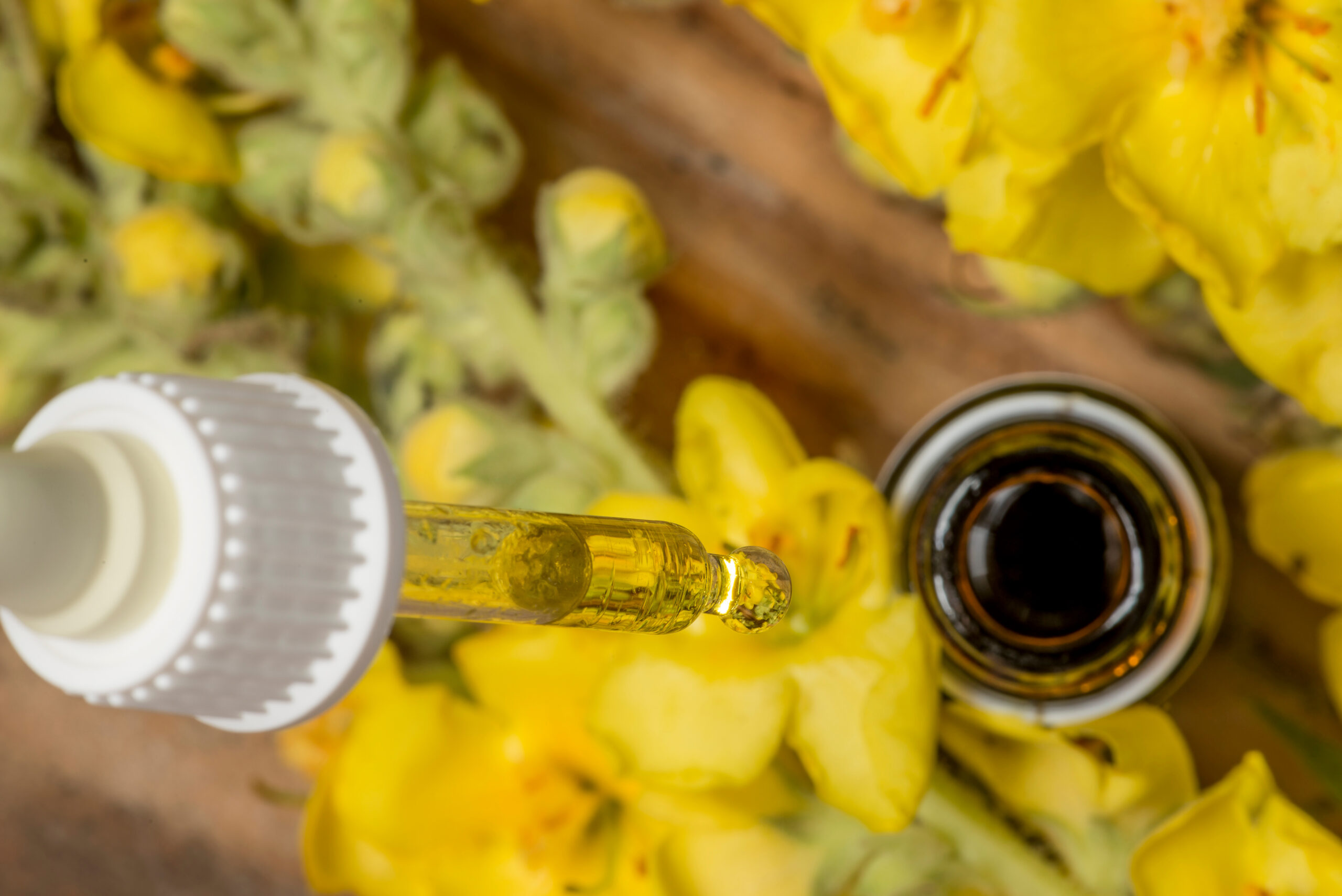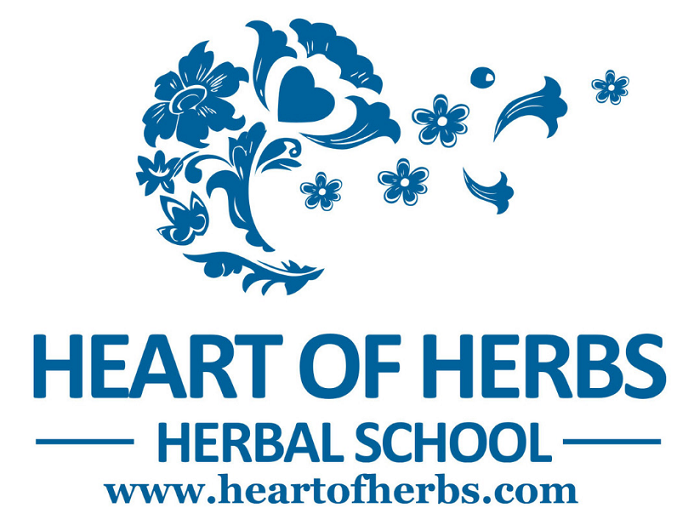The Wonders of Herbal Expectorants for Respiratory Health
In today’s episode of “Breathing Easy: The Wonders of Herbal Expectorants for Respiratory Health,” hosted by Demetria Clark, we take an enlightening journey into the world of herbal expectorants. This episode is a treasure trove of information for anyone interested in natural remedies to enhance respiratory health. Herbal expectorants have been used for centuries. They aid in thinning mucus, easing breathing, and maintaining healthy airways. In this blog post, we’ll dive deep into the main topics discussed in the episode. providing you with valuable insights into how you can incorporate these natural wonders into your wellness routine effectively and safely.
What are Expectorants?
Expectorants are substances that help expel mucus and phlegm from the respiratory tract. They work by thinning the mucus, making it easier to cough up and clear from the lungs and airways. This action helps to relieve congestion. It also promotes better breathing and reduces the risk of secondary infections. The episode kicks off by introducing us to the mechanisms by which expectorants work. To include increasing mucus production, reducing its viscosity, and enhancing ciliary action to promote mucus movement.
Licorice
One of the key highlights of the episode is the exploration of popular herbal expectorants like licorice root, thyme, mullein, and eucalyptus. Licorice root, for instance, is known for its soothing properties. It helps thin and expel mucus from the respiratory tract, soothes irritated mucus membranes, and offers relief for dry, unproductive coughs and bronchitis. However, it’s important to avoid prolonged use due to potential side effects such as hypertension and water retention. In addition, this segment underscores the importance of using herbal remedies wisely and consulting local resources for personalized blends.
Thyme
Thyme is another herb that shines in the realm of respiratory health. Known for its powerful expectorant and antimicrobial properties, thyme is effective against bacteria, fungi, and viruses. It’s commonly used for bronchitis and cough relief. Thyme can be taken as a tea, tincture, or even added to food, making it a versatile herb in both culinary and medicinal contexts. However, it’s essential to use thyme in moderation to avoid digestive upset and consult a care provider if you are pregnant or nursing.
Mullein
Mullein, celebrated for its effectiveness in soothing respiratory tissues, is particularly useful for those quitting smoking. It helps loosen mucus and makes it easier to expel from the respiratory tract. Mullein is generally considered safe, although fresh leaves can sometimes cause skin irritation. The episode provides practical advice on preparing mullein tea, tincture, or syrup, ensuring you can enjoy its benefits without any discomfort.
Eucalyptus
Eucalyptus is another herb that deserves special mention. Known for its potent congestion-relief properties, eucalyptus helps clear mucus from the lungs and airways, making it an excellent choice for those dealing with sinus pressure and nasal congestion. Eucalyptus is often used in its essential oil format for steam inhalation or topical application. However, it’s crucial to avoid ingesting eucalyptus essential oil as it can be toxic in large amounts. The episode emphasizes the importance of proper dilution and safe usage, especially for children under two years old.
Formulations
The episode also touches on practical ways to incorporate these herbs into your daily routine. Herbal teas and infusions are a popular choice, with many expectorant herbs being brewed into soothing teas. Simply steep the dried herb in hot water for about 20 minutes, strain, and drink. For hardier pieces of the herb, a decoction is recommended, where the herb is simmered in water for an extended period to extract its beneficial properties.
Tinctures
Herbal tinctures offer a concentrated liquid extract that can be taken directly or added to water or tea. The episode advises following the dosage instructions on the tincture to avoid any potential issues. Steam inhalation is another effective method, especially for essential oils like eucalyptus. Adding a few drops of essential oil to a bowl of hot water and inhaling the steam can provide significant relief from congestion.
Syrups
Herbal syrups, made by simmering herbs in water and adding honey to the strained liquid, are a tasty and effective way to administer expectorants, especially for children over the age of two. The episode provides a detailed guide on how to prepare these syrups, ensuring you can make the most of their benefits.
Safety and Precautions
Safety and precautions are paramount when using herbal expectorants. The episode underscores the importance of consulting a trained herbalist or healthcare provider, especially if you are on other medications or have underlying health conditions. It’s crucial to follow the recommended dosages and be aware of any potential allergies to specific herbs. For instance, licorice root should be avoided by individuals with high blood pressure or kidney disease.
Moreover, this episode of “Breathing Easy: The Wonders of Herbal Expectorants for Respiratory Health” is a comprehensive guide to understanding and using herbal expectorants for respiratory wellness. By incorporating herbs like licorice root, thyme, mullein, and eucalyptus into your wellness routine, you can support your body’s natural ability to clear mucus and maintain healthy airways. Whether you’re making herbal teas at home or seeking personalized blends from local apothecaries, this episode provides you with the practical tips and expert advice needed to breathe easier with nature’s help.
So, tune in to this enriching episode and take the first step towards enhancing your respiratory health with the power of herbal expectorants. Your journey to clearer breathing and overall wellness begins here.


Disclaimer
Disclaimer Blog
The information presented on the Heart of Herbs Herbal School/Demetria Clark websites is for educational purposes only. Heart of Herbs Herbal School/Demetria Clark Education LLC makes neither medical claims nor intends to diagnose or treat medical conditions. Links to external sites are for informational purposes only. Heart of Herbs Herbal School/Demetria Clark neither endorses them nor is in any way responsible for their content. Readers must do their own research regarding the safety and usage of any herbs, recipes, or supplements.
Affiliate Disclosure
Some posts contain affiliate links. When you click on these and make a purchase the cost is the same for you, but we earn a small commission that helps me to provide scholarships to students. We only promote products that we know our clients have liked themselves.
Heart of Herbs Herbal School is a Amazon affiliate. As an Amazon Associate, we earn from qualifying purchases.
